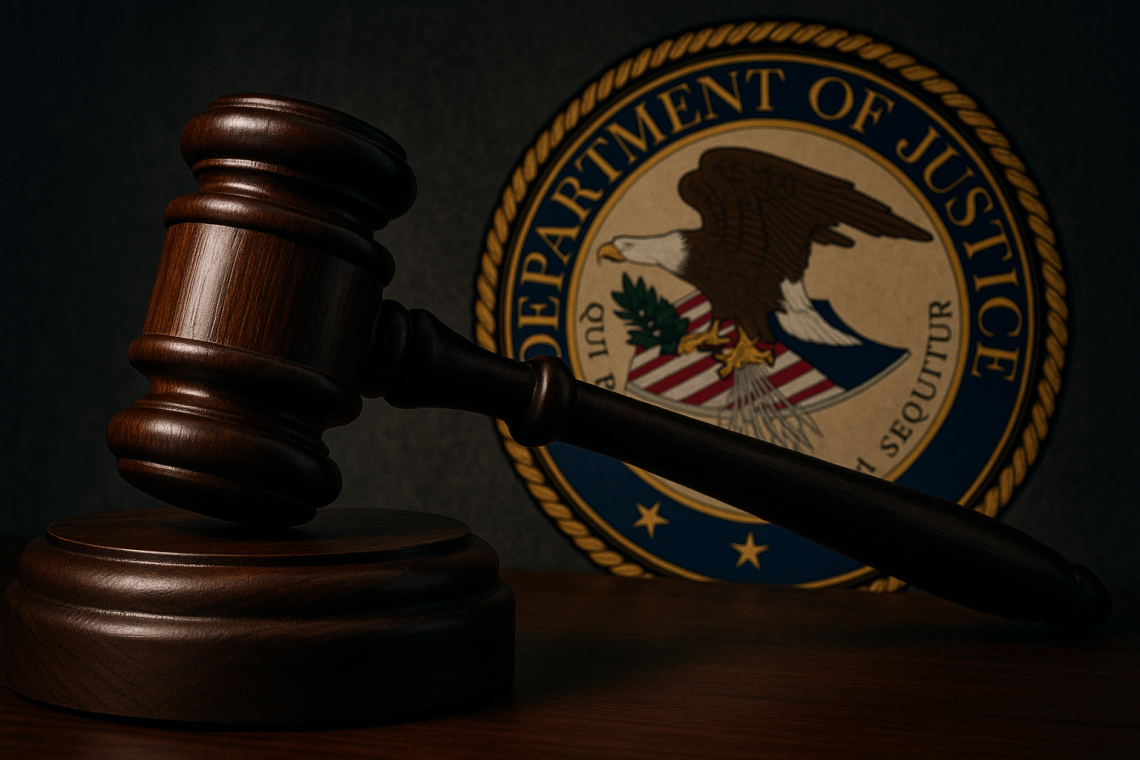
Introduction
In February 2025, the Justice Department witnessed an unusually high‑level exodus of career prosecutors and leadership officials. The catalyst: internal orders to dismiss a corruption case against New York City Mayor Eric Adams, which senior DOJ lawyers believed to be politically motivated. Their mass resignations sparked debate over DOJ independence, the integrity of prosecutorial decisions, and the erosion of longstanding legal norms.
The Adams Case & Political Pressure
Investigators had brought a five‑count indictment against Mayor Adams, alleging acceptance of foreign bribes and campaign irregularities. According to reporting, Acting Deputy Attorney General Emil Bove, a former Trump defense lawyer, was tasked with directing the DOJ to drop the charges—despite the standard investigatory process and without solid legal justification.
The core controversy intensified when Bove reportedly tied the dismissal to Adams’s political support of Trump’s immigration agenda. Career prosecutors described the directive as tantamount to a “quid pro quo” arrangement, compromising legal ethics for political gain.
Who Resigned – And Why
- Danielle Sassoon, interim U.S. Attorney in the Southern District of New York, led the protest by refusing to seek dismissal, citing an absence of legal grounds and her belief that Adams was guilty of wrongdoing.
- In response, Kevin Driscoll (acting head of DOJ Criminal Division) and John Keller (acting head of Public Integrity Section) also stepped down.
- An additional three DOJ public integrity prosecutors resigned after being instructed that one must file the dismissal motion—or face termination.
- Hagan Scotten, a senior SDNY prosecutor, then resigned in a no‑holds‑barred letter calling out the political manipulation and warning against coercing lawyers to serve political ends.
Together, these departures stripped the Public Integrity Section of much of its expertise and sent shockwaves through DOJ ranks.
Institutional Fallout & Rule‑of‑Law Implications
The wave of departures wasn’t limited to New York. Reports surfaced of similar resignations, demotions, and internal turmoil in U.S. Attorney’s Offices—including in San Diego and Washington—linked to political interference and loyalty demands.
Moreover, Attorney General Pam Bondi reportedly slashed staff and dissolved units such as the FBI’s foreign influence task force and DOJ’s crypto-fraud enforcement team—even as the Public Integrity Section dwindled from over 30 attorneys to fewer than five.
A proposal to eliminate the requirement that U.S. attorneys consult the Public Integrity Section before prosecuting lawmakers further alarmed legal watchers, who warned this would remove a key internal check against politically motivated prosecutions.
Expert Commentary & Historical Echoes
Legal commentators quickly drew comparisons to Watergate’s “Saturday Night Massacre,” when high-level DOJ officials resigned rather than carry out Nixon’s orders to fire Special Prosecutor Archibald Cox.
Notably, conservative figures such as David Lat and Ross Douthat condemned the resignations as principled stands—highlighting risk within both parties when prosecutorial power is wielded as a partisan “sword” against adversaries.
Veteran critics like Harry Litman warned of an irreversible brain drain: “the norms and principles that career prosecutors take as their blueprint have been erased or violated with impunity”.
What It Means for the DOJ Moving Forward
Despite whistleblower accounts, Bove was confirmed by a narrow Senate vote to a lifetime appellate judgeship—triggering concern about institutional priorities favoring loyalty over merit.
Simultaneously, the DOJ has formed a “Weaponization Working Group” to scrutinize “politicized prosecutions,” a move critics say may institutionalize retaliation instead of justice oversight.
If enacted, institutional changes such as stripping the Public Integrity Section or shifting power toward loyalist leadership will fundamentally reshape how corruption and public official misconduct are investigated—and whether prosecutions can remain impartial.
Conclusion
The 2025 DOJ resignations over the Adams case mark a pivotal moment in modern legal history. When seasoned prosecutors step down in unison—eschewing career stability to defend institutional norms—it sends a resounding message: the independence of the justice system is not negotiable.
As the DOJ heads into uncertain terrain—guided by leadership critics say values political allegiance over constitutional duty—it faces a stark choice. Will it reaffirm prosecutorial integrity rooted in rule of law? Or continue the trend toward instrumentalizing justice for political ends?
For government lawyers, scholars, and citizens alike, this crisis underscores democracy’s reliance on independent institutions—and what happens when that independence is endangered.
Write a comment:
You must be logged in to post a comment.

